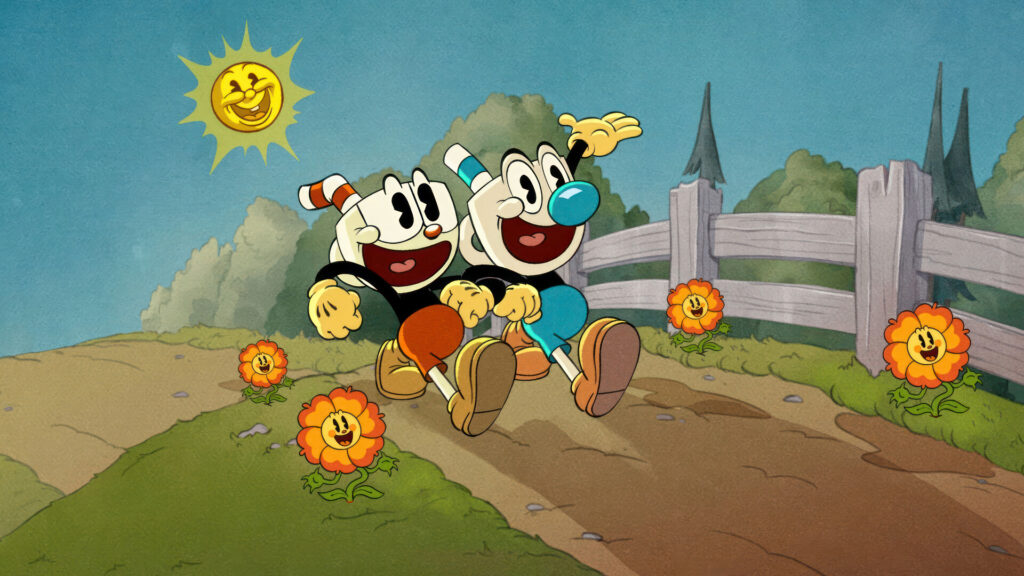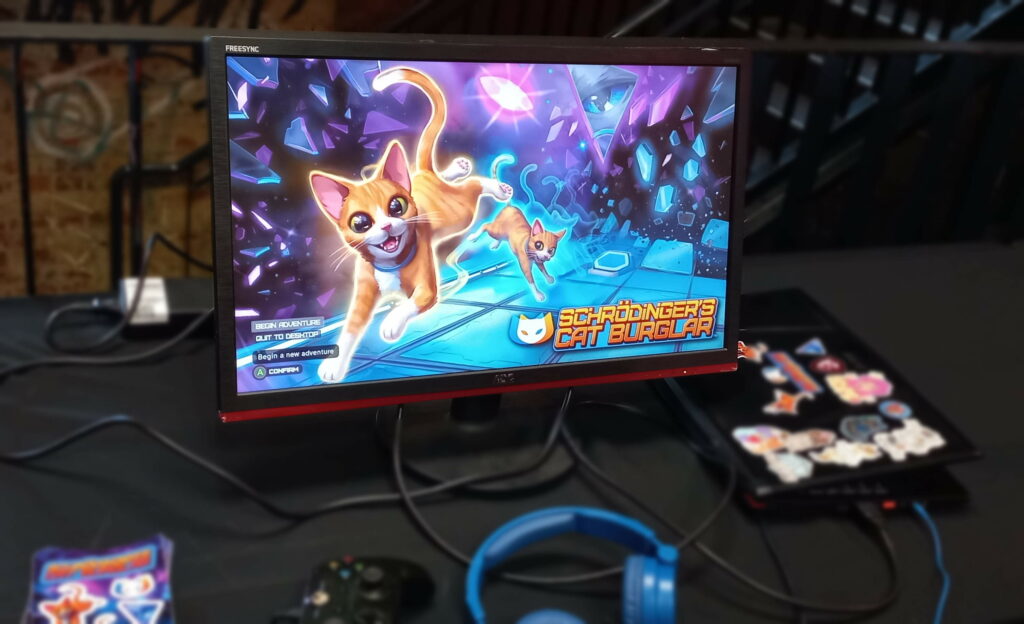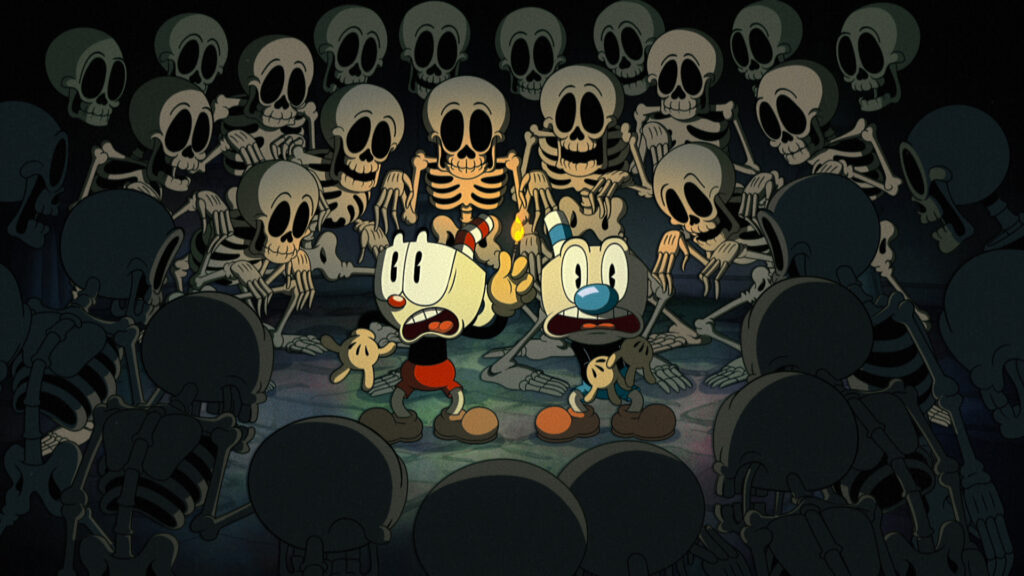Nowadays in the gaming industry, indie game development stands as a beacon of creativity and innovation. Defined by its independence from major studios and publishers, indie games offer unique experiences that captivate players across the globe.
But what truly makes indie game development tick – and why has it become such a powerhouse in the gaming world? Read this article so you can be sure you know everything about indie game development and its role in the gaming industry in 2024.
Read: Can you play games on Chromebook?

Defining indie games
Indie games, simply put, are creations of independent developers who break away from the conventional structures of large-scale studios. Whether it’s a minimalist 2D platformer or an immersive 3D adventure, indie games are characterized by the freedom of expression and lack of corporate constraints that define their development process.
Contrary to popular belief, indie game development doesn’t always entail solitary work. While some developers choose to go solo, many form small studios, pooling together diverse talents ranging from programming and design to art and sound engineering.
Take, for instance, the critically acclaimed titles Stardew Valley and Celeste. While the former was crafted by a single developer, the latter emerged from the collaborative efforts of a dedicated indie studio.
Don’t miss: Indie x AA X AAA games – Complete guide
Indie game development: navigating the ups and downs
Indie game development is a journey fraught with both financial uncertainties and creative fulfillment. The allure of creative freedom often comes hand in hand with the harsh reality of financial constraints. Earning $5,000 from a game launch might seem like a triumph, but sustaining oneself solely on such earnings presents significant challenges.
Financial prudence and strategic planning become paramount as developers navigate the complexities of budgeting and financing. Crafting a compelling business plan and exploring various financing options are essential steps in ensuring the sustainability of indie game projects amidst a competitive market.
Choosing your path: 2D vs. 3D
In the industry of indie game development, the choice between developing 2D or 3D games is a pivotal one, each presenting its own set of advantages and challenges. While 2D games may appear more accessible, the intricacies of asset creation and visual design can pose significant hurdles.
Conversely, 3D modeling demands technical prowess and a keen eye for detail, albeit with access to a wealth of free online resources to streamline development processes.
Indie developers often leverage platforms like itch.io, OpenGameArt.org, and Rokoko Motion Library to access a plethora of free assets, enabling them to bring their creative visions to life without breaking the bank.

Unreal Engine vs. Unity
In the realm of game creation tools, Unreal Engine and Unity reign supreme, offering developers a robust suite of features to realize their vision. While Unreal Engine boasts high graphical fidelity and performance, Unity shines as the go-to platform for mobile game development.
The choice between the two engines ultimately hinges on the specific needs and preferences of individual developers, with both platforms offering extensive resources and support for aspiring creators.
Empowering learning and growth
The journey to becoming an indie game developer is paved with learning opportunities and resources. Platforms like Unity’s YouTube channel and Unreal’s educational materials provide invaluable insights into game development processes, empowering aspiring developers to hone their skills and unleash their creativity.
From mastering programming languages like C++ and C# to delving into the intricacies of animation, a comprehensive understanding of game development fundamentals lays the groundwork for success in the indie gaming sphere.
The rise of indie gaming in the 21st century
Technology has never been more accessible and available than now – and creative minds take advantage of that.
The ascent of indie gaming to its current cultural prominence has been propelled by an insatiable hunger for diverse, narrative-rich experiences in an industry often overshadowed by blockbuster titles. Notably, iconic indie games such as Celeste, Cuphead, Hades, and Hollow Knight leave an indelible mark on the indie gaming landscape.
Celeste, a pixel-perfect platformer with a deeply personal narrative, resonated with players through its challenging gameplay and poignant exploration of mental health themes. Cuphead, renowned for its breathtaking hand-drawn animation and old-school difficulty, transported players to a bygone era of classic cartoons and jazz-infused charm.
Hades, an electrifying action-roguelike set in the underworld of Greek mythology, captivated audiences with its fluid combat mechanics, rich storytelling, and dynamic character interactions. Hollow Knight, a hauntingly beautiful exploration of a vast underground kingdom, captured the hearts of players with its atmospheric world-building, intricate level design, and deep lore.

These indie gems represent the pinnacle of creative achievement in the gaming industry, pushing the boundaries of what is possible in interactive entertainment. With their compelling narratives, innovative gameplay mechanics, and stunning artistry, they continue to inspire players and developers alike, reaffirming the enduring allure of indie gaming in an ever-evolving landscape.
Challenges and triumphs of indie game development
Indie game development, while undoubtedly enticing, comes with its own set of pros and cons that developers must navigate. The path to success in this competitive arena is fraught with challenges, including limited resources, a dearth of institutional support, and the daunting task of standing out in a saturated market.
Indie developers often find themselves grappling with tight budgets, juggling multiple roles, and facing fierce competition from both established studios and fellow independents. Despite these hurdles, the allure of indie game development lies in its unparalleled creative autonomy.
Freed from the constraints of corporate oversight, indie developers have the freedom to explore unconventional ideas, experiment with innovative gameplay mechanics, and imbue their projects with a distinct artistic vision. This independence fosters a sense of ownership and pride in one’s work, fueling a passion for game development that transcends monetary rewards.
Moreover, indie game development offers unparalleled opportunities for community engagement and collaboration. Through platforms like social media, forums, and gaming conventions, developers can forge meaningful connections with players, fellow developers, and industry influencers. These vibrant communities serve as a source of inspiration, feedback, and support – thus fostering a sense of camaraderie and shared purpose among indie developers worldwide.

Embracing creativity: The endless horizon of indie game development
Indie game development stands as a testament to the boundless potential of creative expression in the digital age. From humble beginnings to global recognition, indie games embody the spirit of innovation and resilience that define the gaming industry’s most captivating narratives.
As aspiring developers embark on their own creative journeys, the world of indie gaming beckons with endless possibilities, waiting to be explored and shared with audiences around the world.
If you’re inspired to dive into the world of indie game development or pursue a career in the gaming industry, look no further than Main Leaf! Our blog provides up-to-date insights on technology and gaming, keeping you informed of the latest trends and developments.
Moreover, we offer comprehensive support to help you bring your game ideas to life, from development to launch. Get in touch with us today and let us guide you on your journey towards achieving your goals in game development.

